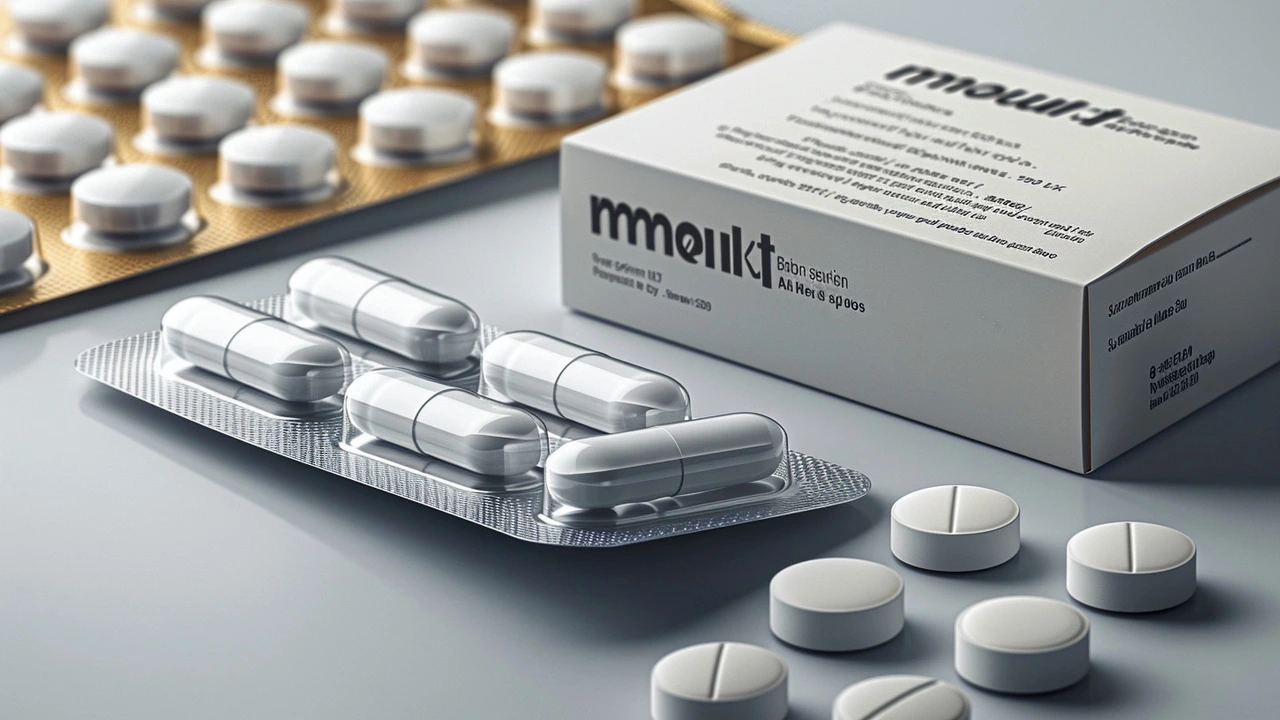Weight Loss: Simple, Practical Steps That Actually Work
Want to lose weight without wasting time on fads? Start with a few changes you can keep doing. Quick fixes often fail because they’re too strict or unrealistic. Instead, focus on consistency, small habits, and tools that make tracking easy.
Quick daily habits that work
Cut 300–500 calories a day from your usual intake. That’s enough to lose about 0.5 kg (1 lb) per week for most people and is easier to maintain than aggressive dieting. Use an app to log food for a week to see where those calories can come from—often drinks, snacks, and big portions.
Eat protein at every meal. Aim for roughly 20–35 g of protein per main meal—eggs, Greek yogurt, chicken, legumes. Protein keeps you full and helps preserve muscle when calories are lower.
Lift weights twice a week. Muscle burns more calories than fat at rest, and resistance training keeps your body composition healthy. Bodyweight moves (squats, push-ups, rows) work fine if you don’t have a gym.
Move more, sit less. Add short walks after meals, use stairs, or do 10-minute home workouts. Small bursts of activity add up and help control appetite and mood.
Sleep and stress matter. Aim for 7+ hours of sleep and try one stress-reduction habit—breathing, a short walk, or a consistent evening routine. Poor sleep and high stress raise hunger hormones and make cravings worse.
Supplements and meds — what to know
Supplements can help a bit, but they don’t replace food and exercise. Caffeine and green tea extract can slightly boost metabolism and fat burning when combined with a good plan. Fiber supplements (psyllium, glucomannan) can help with appetite control by increasing fullness.
Some herbal options, like pu-erh tea, show modest metabolic benefits in small studies. If you’re curious, read product reviews and check dosage—quality varies a lot. Our site has guides on pu-erh and other supplements if you want details.
Prescription meds are an option for people with higher BMI or health risks. Newer drugs, including certain GLP-1 receptor agonists, have strong evidence for weight loss but require a doctor’s prescription and monitoring because of side effects and cost. Don’t order prescription meds from unknown online shops—use a licensed provider and check pharmacy credentials.
Watch for interactions. If you take other medications, ask a clinician before adding supplements or weight-loss drugs. That includes common prescriptions like thyroid meds, antidepressants, or blood thinners.
Simple plan to start today: log food for 3 days, cut one sugary drink, add a protein source to each meal, and do one 20–30 minute strength session this week. Small wins build momentum—keep the plan doable and adjust slowly as you progress.
Metformin-Induced Weight Loss Linked to Appetite-Suppressing Molecule: New Study Insights
A Stanford Medicine study has found that the weight loss effects of metformin, a widely used diabetes medication, are associated with the 'anti-hunger' molecule, lac-phe. This discovery opens doors to new weight loss drug developments targeting the lac-phe signaling pathway, offering hope in the battle against obesity.
Read more
